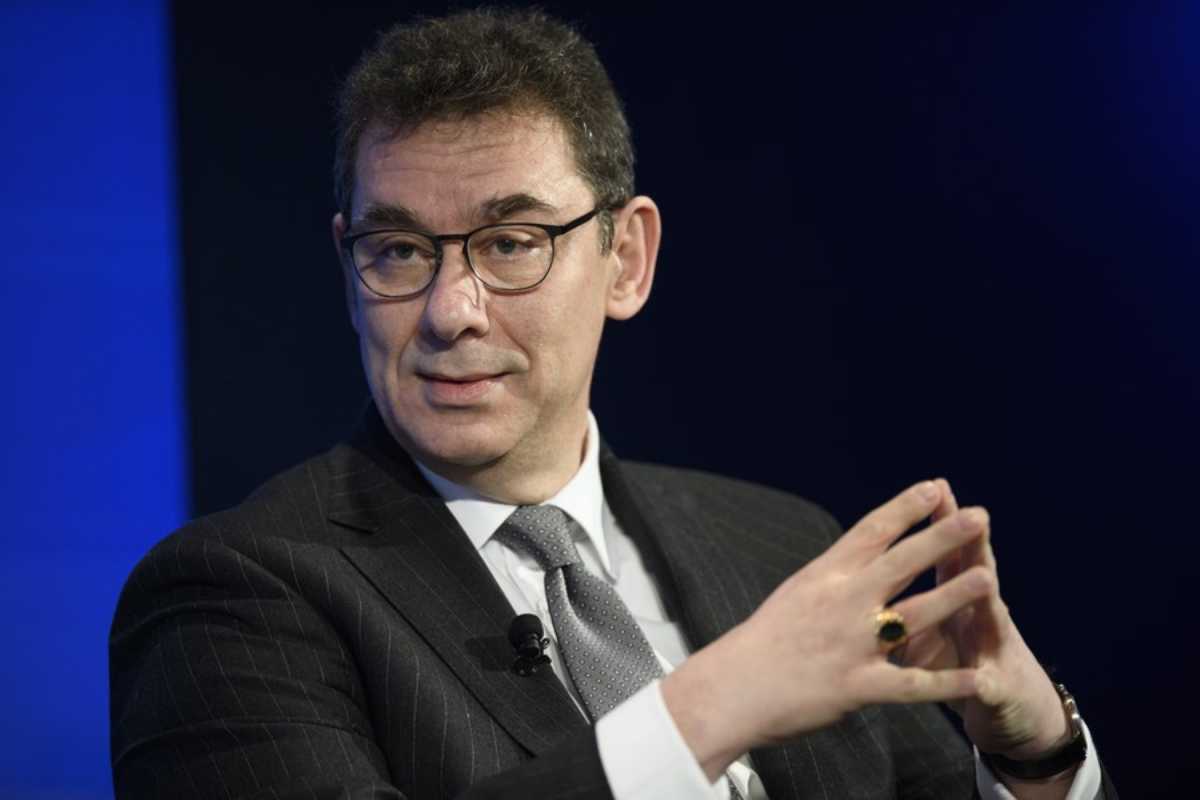Pfizer CEO Albert Bourla highlighted what he called Greece’s pivotal role as a supporter of innovation within the EU, speaking during the Economist’s annual Government Roundtable, held in Athens this week, where he emphasized the country’s serious commitments to meet demands of the innovation ecosystem.
Bourla, a Thessaloniki native and graduate of Aristotle University’s School of Veterinary Medicine, discussed his multinational company’s growth strategy, noting, “Initially, we aimed to establish a hub with 200 specialized data scientists.”
Reflecting on progress so far, Bourla emphasized: “In just three years, we’ve scaled up to over 1,000 experts. Our success is fueled by discovering exceptional talent dedicated to diligent and intelligent work. We’re thrilled with the outcomes we’ve achieved.”
Remarking on the pandemic preparedness, Bourla noted how recent events showcased the potential for health crises to provoke political and policy challenges. “Thus, I would argue that we are not better prepared because our systems have not fully absorbed the lessons from this pandemic.”
The Pfizer CEO emphasized that science in the private sector, collaborating with academia and regulatory bodies, is pivotal to humanity.
Regarding pharmaceutical research, he highlighted that the industry stands on the brink of a “renaissance”, citing unprecedented innovations driven by AI.
When questioned about research focus and upcoming breakthroughs, Bourla anticipated significant advancements in cancer therapies in the near future.
“Pfizer’s current focus includes developing vaccines for various respiratory diseases,” he noted. “We also prioritize research into combating obesity.”
Lastly, addressing the impact of geopolitical developments on the pharmaceutical sector, Bourla suggested the sector possesses some resilience to such crises.





